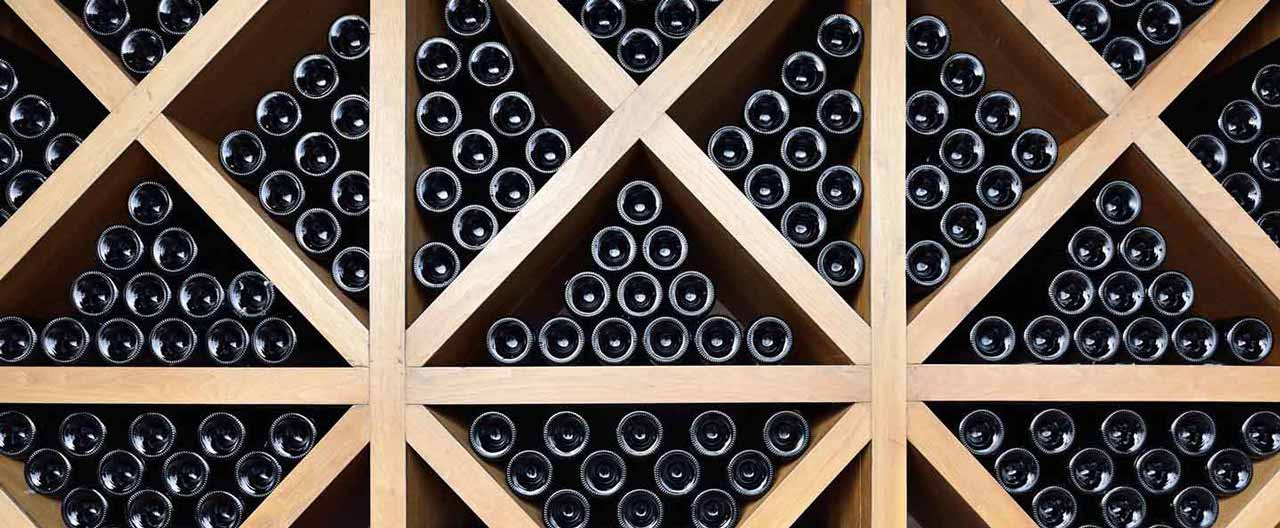- Individuals & Families
- Businesses
- Agents & Brokers
- Embedded Insurance

Chubb ranked #1 for Customer Satisfaction with the Home Insurance Claims Experience

Chubb ranked #1 for Customer Satisfaction with the Home Insurance Claims Experience

Chubb ranked #1 for Customer Satisfaction with the Home Insurance Claims Experience

Chubb ranked #1 for Customer Satisfaction with the Home Insurance Claims Experience

Because pets are family, Chubb now offers pet insurance with top-rated coverage from Healthy Paws.

Chubb offers the insurance protection you need for travel’s many “what ifs”.

Chubb protects small businesses at every stage – from newly formed start-ups to long-time anchors of the community.

Stay ahead of cyber threats with our free Cyber Claims Landscape Report.

Learn more about our dedicated learning paths, Online Learning Center, and more.

Many digital-savvy consumers look for it as a core or add-on option.

Many digital-savvy consumers look for it as a core or add-on option.

Many digital-savvy consumers look for it as a core or add-on option.

Chubb’s in-house technology makes it easy to integrate what we do into your customer experience.
-
About
-
Claims
-
Login & Pay Bill
For Agents & BrokersFor Travel Advisors
-
Back
Wine is an organic asset with a limited lifespan and a peak drinking window. It is complex, fragile, and sensitive to many things that can affect its taste and value. Whether you own one bottle of wine or over a thousand, make sure you understand what can go wrong with your wine—and what you can do to help protect it.
1. Temperature
Wine’s number one enemy is heat, making it age faster and develop irreversible stewed aromas. When this happens, it is referred to as “cooked” wine. Heat can also cause wine to expand in volume, increasing pressure on the cork, which can compromise the seal and lead to seepage and bacterial contamination. While not as bad as heat, cold temperatures can also damage wine; wine cellared in too cool of temperatures will stop the process of aging or cause it to freeze and expand, putting pressure on the cork.
What to do? Store your wine at a constant temperature of approximately 55º F. Install 24/7 remote monitoring sensor technology to alert you to temperature fluctuations.
2. Humidity
Corks of wine bottles cellared at too low of humidity over time or in peaks, will dry out and crack which leads to oxidation of the wine. Cellars that are too humid are susceptible to mold.
What to do? Monitor humidity to ensure it is within range of 60% (+/- 10%) relative humidity. Monitor the humidity of your cellar using sensor technology that will alert you to fluctuations. If you’re concerned about humidity fluctuations, you can install either a humidifier or a dehumidifier.

3. Light
While darker colors of bottle glass offer some protection, wine shouldn’t be exposed to excessive amounts of light as blue and ultraviolet rays can break down the complex molecules that contribute to a wine’s desirable flavors. Exposures to blue and ultraviolet light cause flavors of overcooked cabbage, damp cardboard, and sewage, and is known as Light Strike.
What to do? Keep your cellar dark. Avoid natural light exposure with UV resistive glass and use incandescent bulbs instead of fluorescent lights, because they emit smaller amounts of UV waves. You should also have the lights set on a timer or motion sensor.
4. Air Quality/Ventilation
Because wine breathes through the cork, letting oxygen in over time, it is important that the air in your wine cellar be clean. Otherwise, you risk altering the flavor and bouquet of your wine. Some odorous molecules are benign, while others, like chemical compounds in fresh paint and cleaning supplies, are more harmful. Aromatic food products, like garlic, can also seep into your wine.
What to do? Avoid stains and finishes that have Volatile Organic Compounds (VOCs). Food products and cleaning supplies should remain outside the cellar.
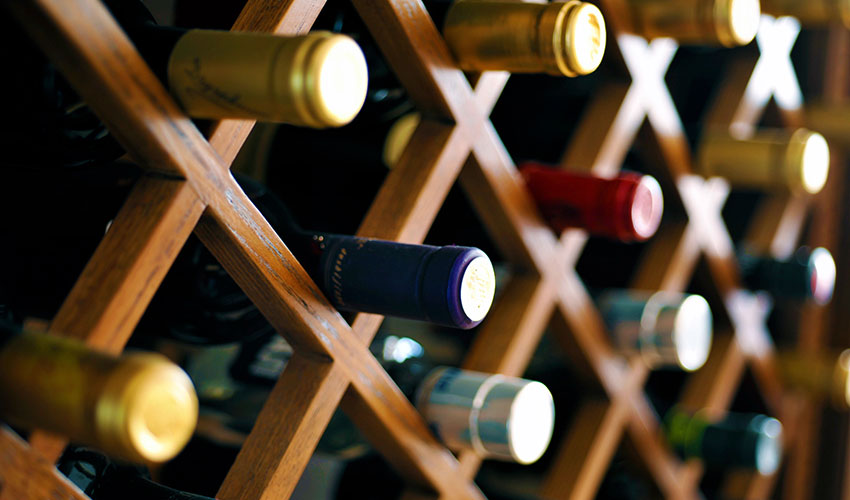
5. Vibration
As wine matures, sediment is formed when the solids in the wine (typically tannins) fall to the bottom of the bottle. Excessive vibrations cause chemical reactions in aging bottles of fine wine that alters organic acids and tannins while dulling flavor.
What to do? Avoid moving and handling bottles unnecessarily. Although it may be hard to eliminate vibrations totally, especially in a city environment, it is best to store your wines away from household appliances or stairwells and areas with renovations.
Insights and expertise

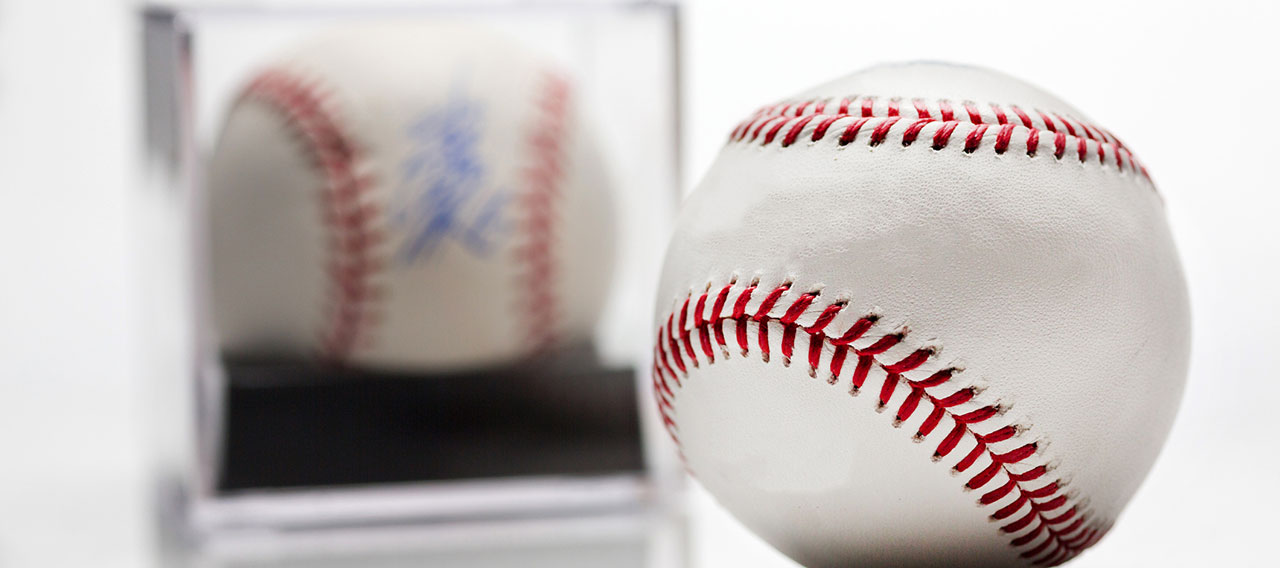
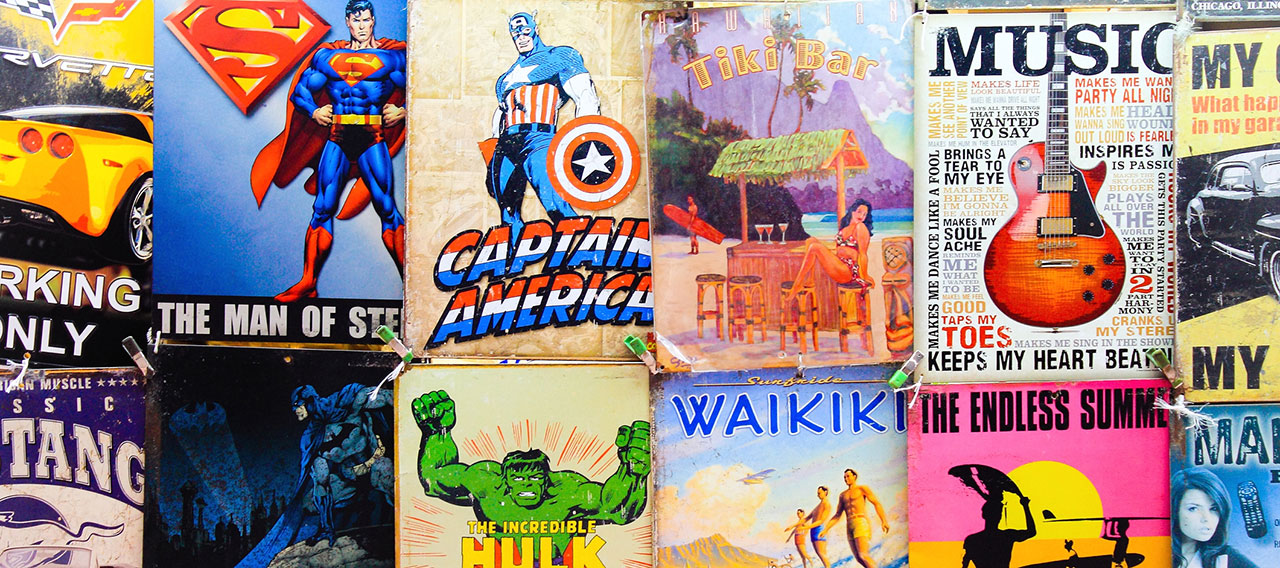
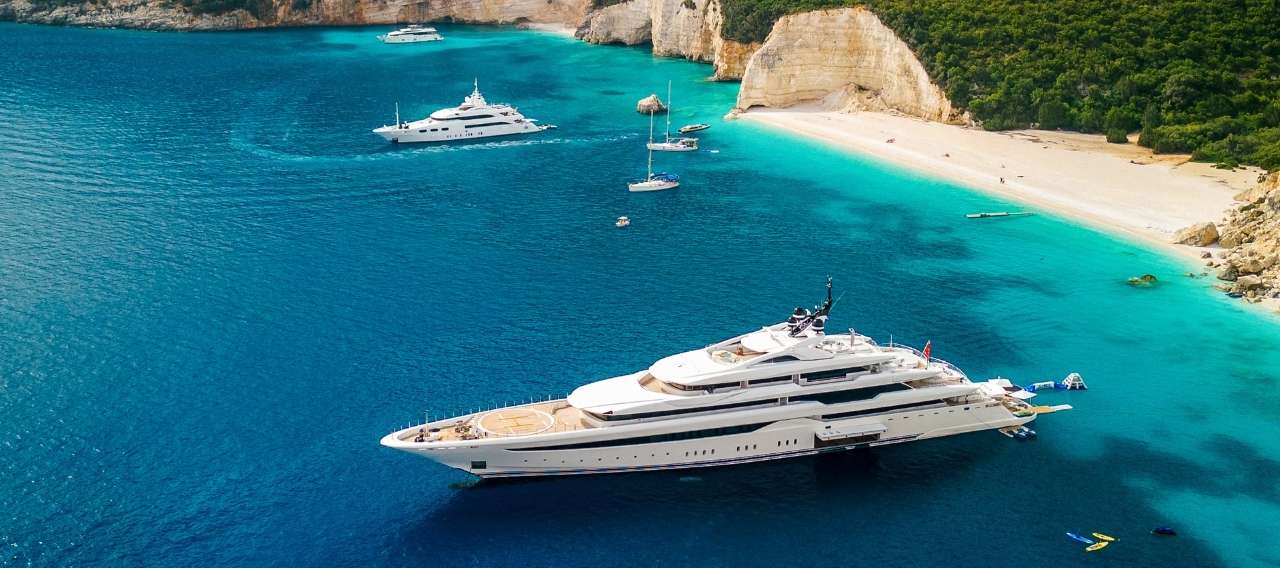
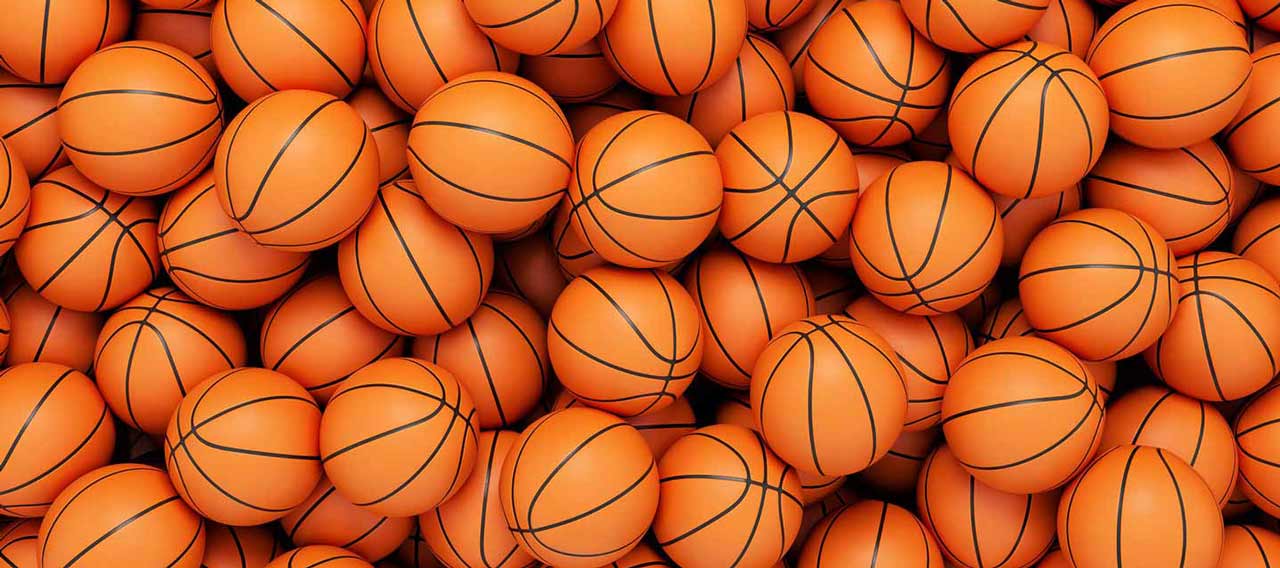
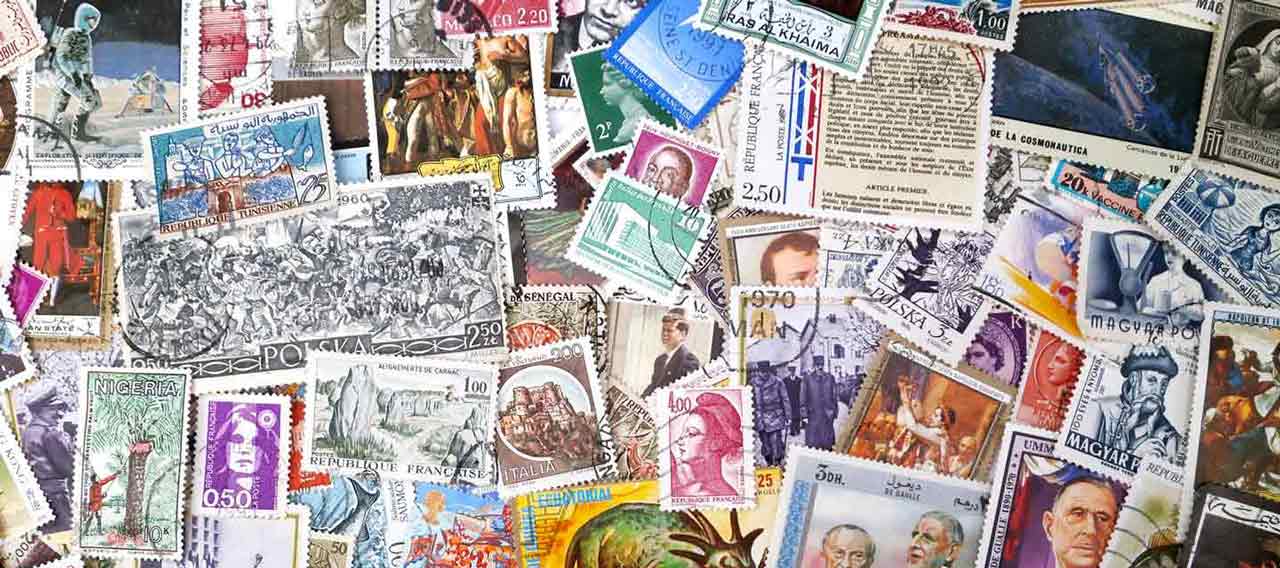
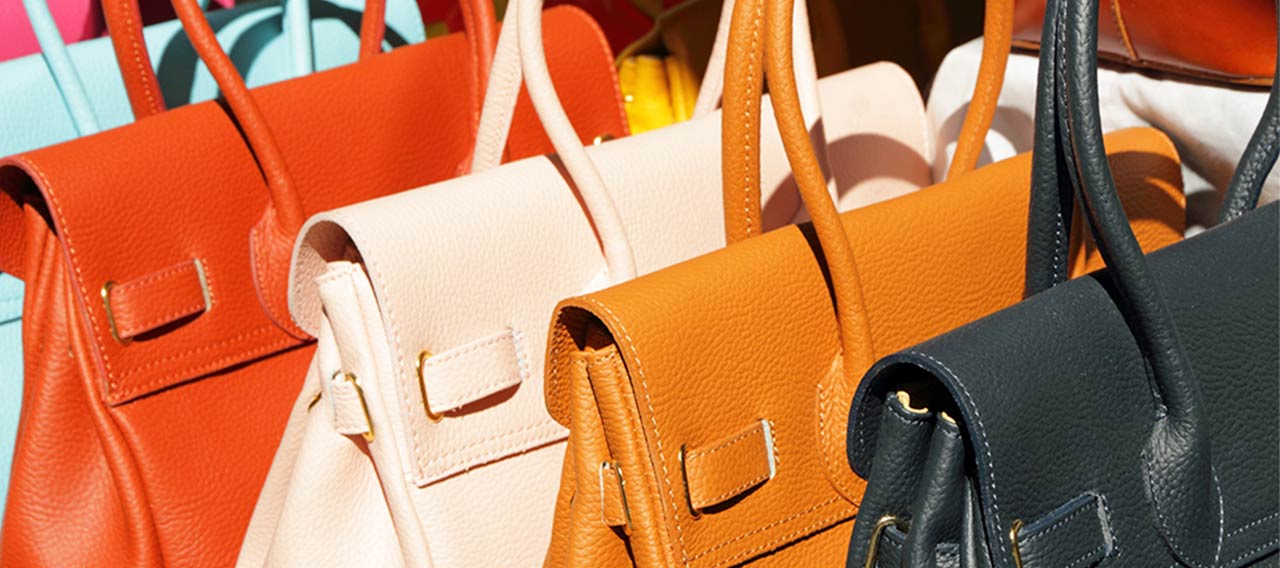
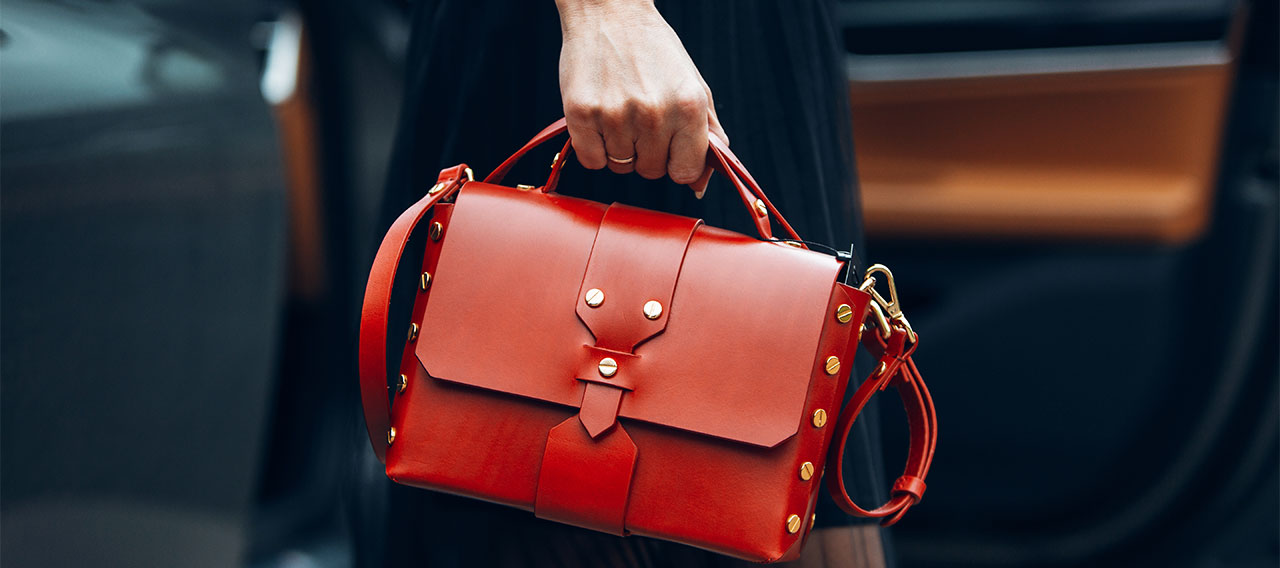
Get a personal insurance quote
Work with an independent agent to get personalized insurance solutions.
This document is advisory in nature and is offered as a resource to be used together with your professional insurance advisors in maintaining a loss prevention program. It is an overview only, and is not intended as a substitute for consultation with your insurance broker, or for legal, engineering or other professional advice.
Chubb is the marketing name used to refer to subsidiaries of Chubb Limited providing insurance and related services. For a list of these subsidiaries, please visit our website at www.chubb.com. Insurance provided by ACE American Insurance Company and its U.S. based Chubb underwriting company affiliates. All products may not be available in all states. This communication contains product summaries only. Coverage is subject to the language of the policies as actually issued. Surplus lines insurance sold only through licensed surplus lines producers. Chubb, 202 Hall's Mill Road, Whitehouse Station, NJ 08889-1600.


